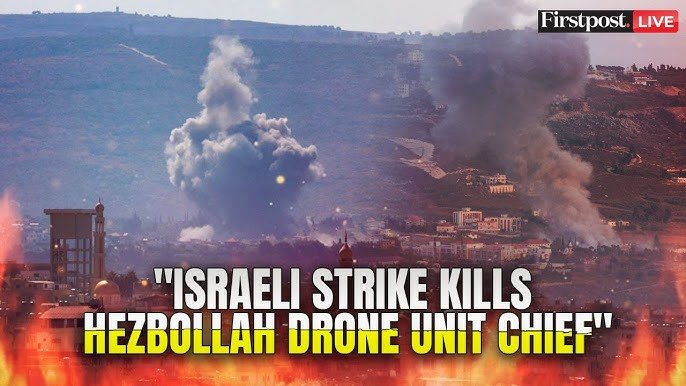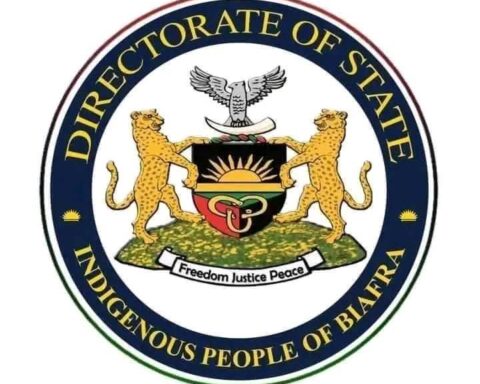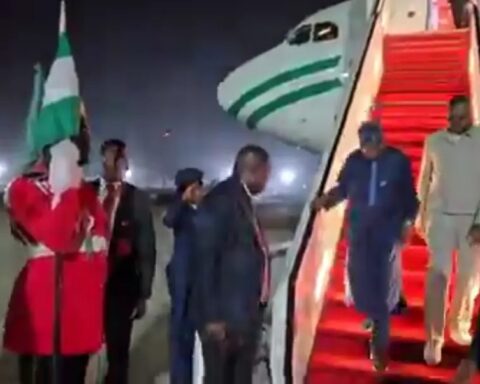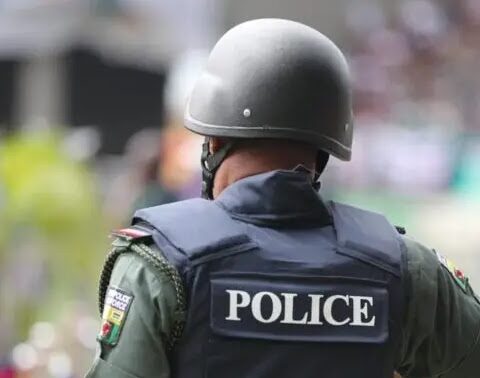Lebanese Foreign Minister, Abdallah Bou Habib yesterday (Thursday, September 26) called for an end to the violence in the Middle East, in an appeal to the UN General Assembly in New York.
“This is a situation that requires international intervention on an urgent basis before the situation spirals out of control, with a domino effect, making this crisis impossible to contain,” Bou Habib said in his address at the assembly.
“The future of our people and our prosperity are imperilled.”
Bou Habib spoke as Israeli military announced the IDF had killed the Hezbollah drone chief, air unit commander Muhammad Hussain Sarur.
The IDF said a targeted airstrike near Beirut killed Sarur who was responsible for Hezbollah’s drone fleet.
Bou Habib also called on Israel and the Iran-backed Hezbollah militia to take “all possible measures” to ensure that a ceasefire proposal is accepted.
Following months of cross-border skirmishes between Israeli forces and Hezbollah, which says it acts out of solidarity with Hamas in Gaza, Israel began an intense aerial campaign to strike Hezbollah targets in Lebanon on Monday – with the region now on the brink of all-out war.
Hundreds have been killed and tens of thousands of people displaced in Lebanon since Israel began its massive bombardment four days ago.
International efforts are underway to negotiate a ceasefire, but Israeli Prime Minister Benjamin Netanyahu denied any plan had been agreed to and vowed to keep hitting Hezbollah with “full force.”
Hezbollah confirmed the commander’s death late on Thursday.
A witness said the third floor of an 11-story building was hit in the Jamous neighbourhood to the south of Beirut, an area considered a Hezbollah stronghold.
Lebanon’s Health Ministry said at least two people were killed and 15 wounded in the bombing.
The strike took place close to where a high-ranking Hezbollah military commander, Ibrahim Akil, was killed last week.
The Israeli army was also continuing its airstrikes in the south and east of Lebanon with the military saying the air force had hit around 220 Hezbollah militia targets, including weapons depots and rocket launching pads.
Hezbollah said it launched 80 rockets at the Israeli city of Safed and another 50 at the town of Ahihud, as well as military sites in northern Israel.
Since Thursday morning, the Israeli army said that some 170 rockets had been launched from Lebanon, with some of the impacts reportedly causing fires to break out around Safed.
Israel has also attacked infrastructure used by Hezbollah along the Lebanese-Syrian border, specifically routes used by Hezbollah to bring weapons to Lebanon via Syria, according to the army.
Four border crossings have been hit since Israel intensified its attacks in Lebanon on Monday, Lebanese security sources said.
The Syrian Observatory for Human Rights, which has been documenting violence in Syria since 2011, said Israeli fighter jets attacked a border crossing in the area around the Syrian town of al-Qusayr, near the border with Lebanon.
The war monitor said several people were injured.
It is the first Israeli attack on Syrian territory since Monday, the observatory said.
According to the war monitor, Hezbollah tried to use the border crossings to bring more fighters from Yemen and Iraq into the country.
They were supposed to come into the country to support the Shiite militia in the event of a feared ground offensive by the Israeli military, it said.
As a result of the Israeli attacks in Lebanon, around 13,500 people have fled to Syria since Monday, most of them Syrian citizens, according to the Lebanese Interior Ministry.
An estimated 1.5 million Syrian refugees live in Lebanon.



























